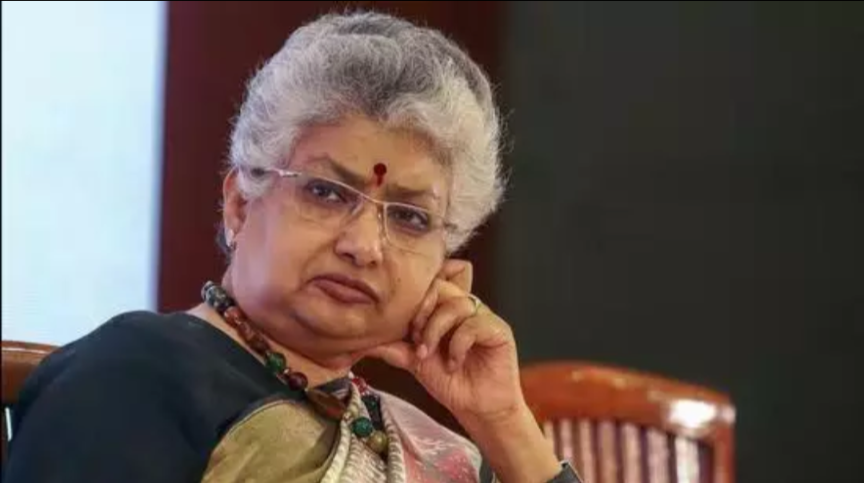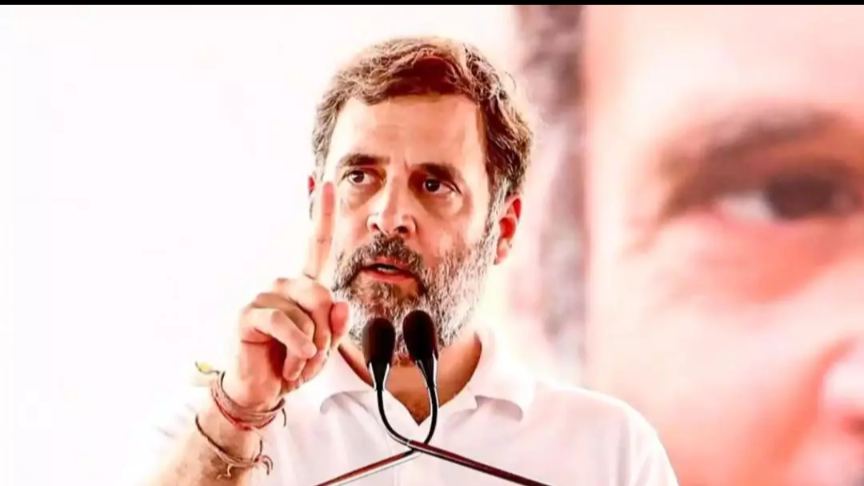Delhi HC rules wife can seek husband’s CDR if she suspects an affair. Learn legal grounds and implications of this landmark judgment.

A significant judgment by the Delhi High Court has reaffirmed that a wife can legally obtain her husband’s Call Data Records (CDR) and location information, particularly when she suspects adultery. The court held that such records are objective evidence that assist in adjudicating matrimonial disputes without unduly infringing on privacy. This ruling underscores a pragmatic balance between the right to privacy and the necessity of uncovering truth in sensitive family law matters.
For a related legal discussion on marriage dissolution norms, see:
1. Background to the Case
1.1 Family Court Order
In April 2025, a family court allowed a wife’s application to preserve and disclose her husband’s telecom data and the location of his alleged paramour. She had filed for divorce in 2023 on grounds of adultery and cruelty, claiming her husband and the paramour had traveled together frequently. The court directed telecom providers and local police to retain this data from January 2020 onwards. ([turn0search0])
1.2 Challenge by Husband and Paramour
The husband and the paramour approached the Delhi High Court, alleging that allowing access to such personal data violated their fundamental right to privacy. They argued the request was a fishing expedition, lacking a prima facie case and unfairly intrusive. The paramour claimed reputational damage; the husband stated that mere proximity or phone calls shouldn’t prove adultery. ([turn0search0])
2. Delhi High Court Judgment
2.1 Justification for Data Disclosure
Justices Anil Kshetrapal and Harish Vaidyanathan Shankar upheld the family court’s order on the following grounds:
- Objective Records: CDRs and location data are neutral documents maintained by telecom operators—not intrusive message content.
- Proving Prima Facie Case: Such data can establish “duration and frequency of contact” indicative of improper relations.
- Judicial Support from Supreme Court (Sharda vs. Dharmpal, 2003): The Supreme Court held that limited intrusion into privacy is permissible when necessary to ascertain truth in judicial proceedings. ([turn0search0])
The bench clearly stated that this was not a speculative or fishing expedition, but “directly tied to the pleadings”—thus relevant and legally defensible. ([turn0search0])
3. Legal Principles Behind the Ruling
3.1 Section 14 of Family Courts Act
Under Section 14, the Family Courts Act grants courts wide latitude to admit evidence not strictly admissible under the Evidence Act, provided doing so serves justice. This includes documents like CDRs even when they are not part of traditional evidence sets. ([turn0search3])
3.2 Privacy Is Not Absolute
Multiple judgments affirm that the right to privacy, while constitutionally protected, is subject to reasonable restrictions, especially when fundamental rights such as access to justice are at stake. The Delhi HC reiterated that adultery, recognized under the Hindu Marriage Act, cannot be shielded behind claims of privacy. ([turn0search1], [turn0search4])
4. Contrasting Cases: Privacy Protections in Matrimonial Disputes
4.1 Officer Seeks Hotel Records over Wife’s Alleged Affair
In a Patiala House Court, a Major in the Indian Army sought CCTV footage and hotel bookings to substantiate claims that his wife was having an affair. The court dismissed the plea, citing her right to privacy and rejecting patriarchal assumptions. ([turn0news13])
4.2 Reconciling the Two Positions
The difference lies in the purpose and legal grounding:
- The wife’s request in the Delhi HC case was to collect fact-based evidence, supported by legal statutes pertaining to divorce and cruelty.
- The husband’s request in the Major’s case lacked detectable legal grounding and risked magnifying social stigma and privacy invasion for no proven legal benefit.
These outcomes illustrate courts preserving privacy when requests lack solid legal justification but permitting intrusion when it advances justice.
5. Broader Legal and Social Implications
5.1 Evidence in Adultery Cases
Direct evidence of marital infidelity is rare. The Delhi HC acknowledged that CDRs and location logs are crucial circumstantial pieces that can substantiate claims, reinforcing that courts must allow such proof when it advances the adjudication. ([turn0search1])
5.2 Gendered Privacy vs. Justice
The ruling protects women’s pursuit of justice, rejecting the notion that privacy claims can serve as a shield when substantive allegations exist. It underscores the court’s role in dismantling patriarchal narratives and fostering judicial fairness. ([turn0search1])
5.3 Precedent for Digital Evidence in Family Law
As digital footprints grow integral to interpersonal relationships, this decision sets a precedent that courts will proactively consider such data in family law cases—highlighting a paradigm shift in legal evidence norms.
6. Scholarly Perspective and Public Sentiment
6.1 Expert Insight
Family law experts generally commend the ruling as a balanced approach—protecting privacy but not at the cost of denying evidence essential for judicial truth. It aligns with evolving jurisprudence recognizing technology’s role in law.
6.2 Public Perception
Citizens’ reactions are varied:
“Privacy is important—but not when your spouse is betraying trust,” one commenter noted.
“Courts should not encourage vexatious claims; every request must be vetted.”
This mixed sentiment reflects broader debates on privacy versus accountability.
7. Summary of Key Principles
| Feature | Court’s Position |
|---|---|
| CDR & Location Access | Permissible when directly tied to legal pleadings and truthfinding |
| Section 14 FCA | Allows flexibility in accepting non-standard evidence |
| Privacy vs Justice | Privacy upheld only when no compelling evidence need exists |
| Judicial Precedent | Aligns with SC’s guidance in Sharda v. Dharmpal |
8. Conclusion
The Delhi High Court’s ruling is significant in charting how digital records, once considered private, have become vital tools in resolving matrimonial disputes. Courts upheld that a wife’s right to seek proof of adultery via CDRs is a legitimate legal step—not a privacy violation—when it aids the quest for truth under formally recognized grounds. It showcases judicial sensitivity to evolving societal frameworks, technology-driven realities, and gender dynamics in the Indian family law system.



